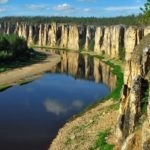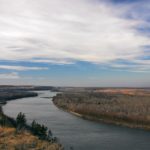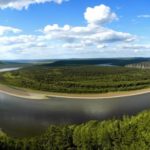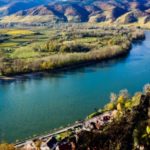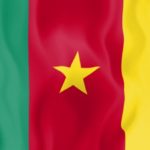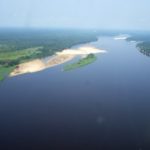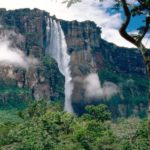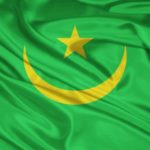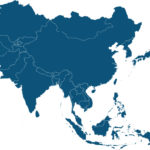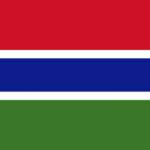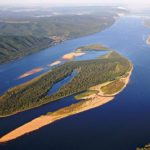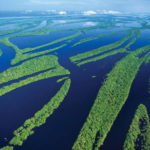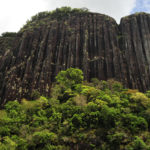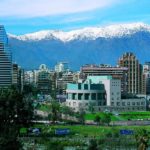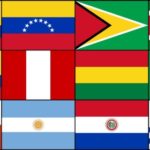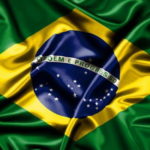Paraguay – interesting facts
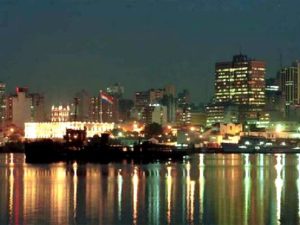 In the central part of South America is the country of Paraguay. What does this name mean? On this account there are different opinions, but local residents believe that it means “the river originating in the sea”. The Indians of these lands thought that some ponds in the wetlands of Brazil, where the Paraguay River originates, were as big as the sea.
In the central part of South America is the country of Paraguay. What does this name mean? On this account there are different opinions, but local residents believe that it means “the river originating in the sea”. The Indians of these lands thought that some ponds in the wetlands of Brazil, where the Paraguay River originates, were as big as the sea.
This river, which flows through the country from north to south, divides it into two parts. East of the river one can see wavy mountains, fertile lands with red soil and dense forests. To the west of the river lies the plain Gran Chaco – a sparsely populated area with a bush forest, huge swamps over which insects swarm, and a large variety of tropical birds with colorful plumage.
The first inhabitants of Paraguay were the Guarani Indians. In the 1520s, the Portuguese conquerors led by Alezhu García were the first white men to set foot on this land. Over the next decade, the Spaniards began to settle in the territory where Asuncion is now located. The country remained a Spanish colony until 1811, but the language of the conquerors did not supplant the Guaraní language. Therefore, Guarani – a beautiful, melodious language – is the native language of the majority of the population of modern Paraguay and is considered one of the state along with Spanish.
A few decades after the Europeans set foot on Paraguayan land, the Jesuits arrived and began to convert the Guarani people to the Catholic faith. At that time, Guaraní was not idols and temples. But the Jesuits gathered the Indians in the community and began to teach them Catholic rites and hymns, as well as crafts.
The Jesuits used only a portion of the income from the labor of the Indians to supply them with basic necessities, while the other part was used to enrich and strengthen the power of the Jesuits. To this day, Jesuit monasteries resembling fortified corners have survived in Paraguay. But the Indians still have their ancient traditions, clothes, and dances.
Many Spanish landowners were jealous of this. They complained to the Spanish king, Charles III, that the authority of the Jesuits was being strengthened. Such dissatisfaction — not from the Guarani side, but from the Catholic colonists — was the main reason for the expulsion of the Jesuits from the Spanish empire in 1767.
Paraguay is a country where modern technologies are actively used, and at the same time, farmers lead a very simple life. Thanks to airplanes and communications satellites, a “window” opened up to the world. High-rise buildings create the image of Asuncion – the capital of Paraguay. Along the eastern border of the country, on the Parana River, there is Itaipu, a hydroelectric power station of enormous capacity similar to that of hydroelectric power stations in the whole world.


